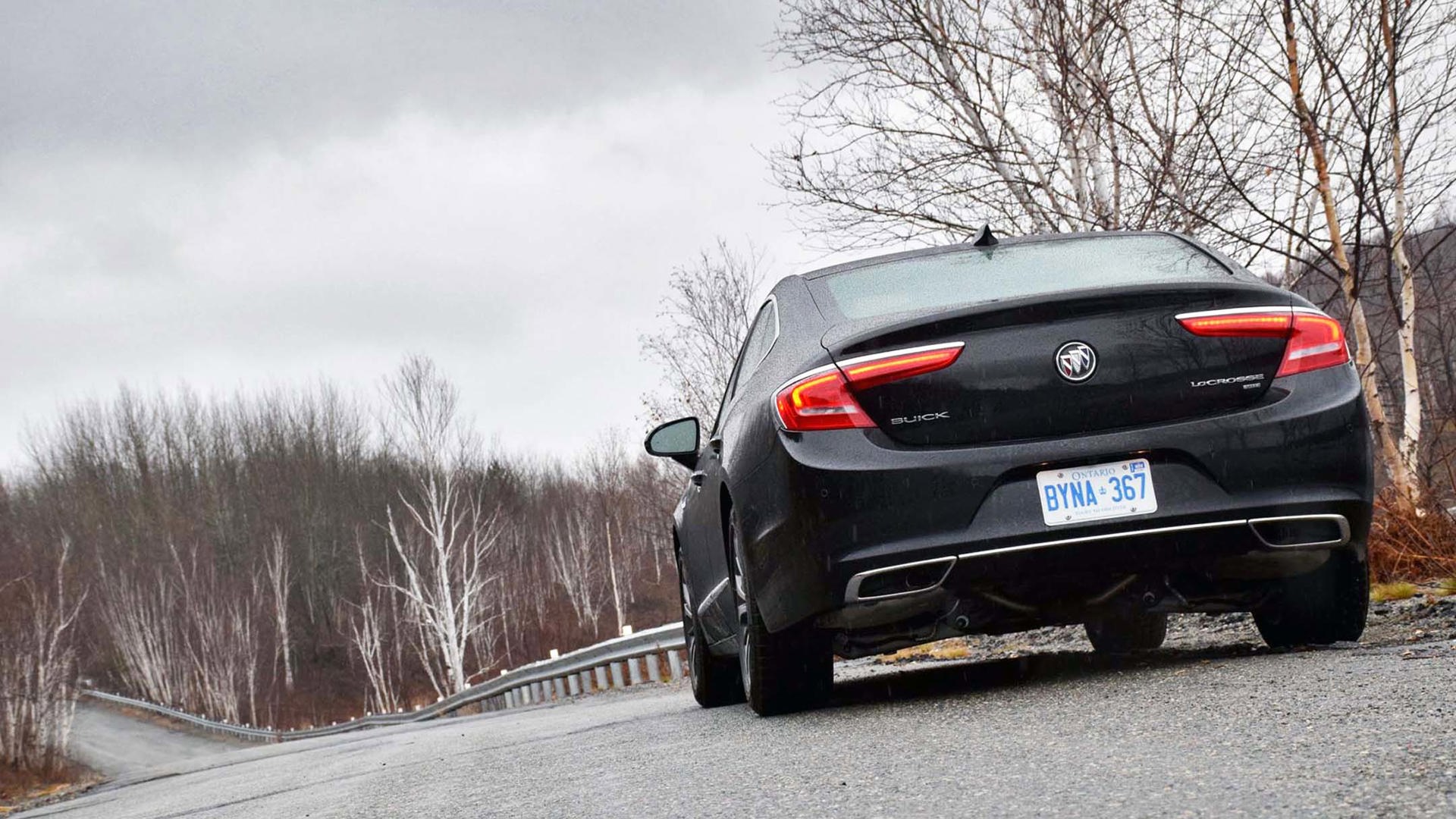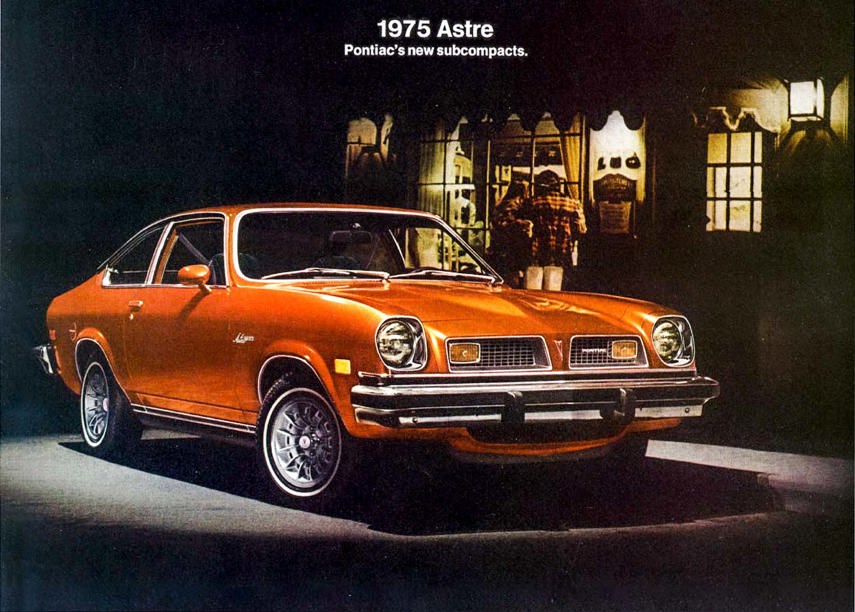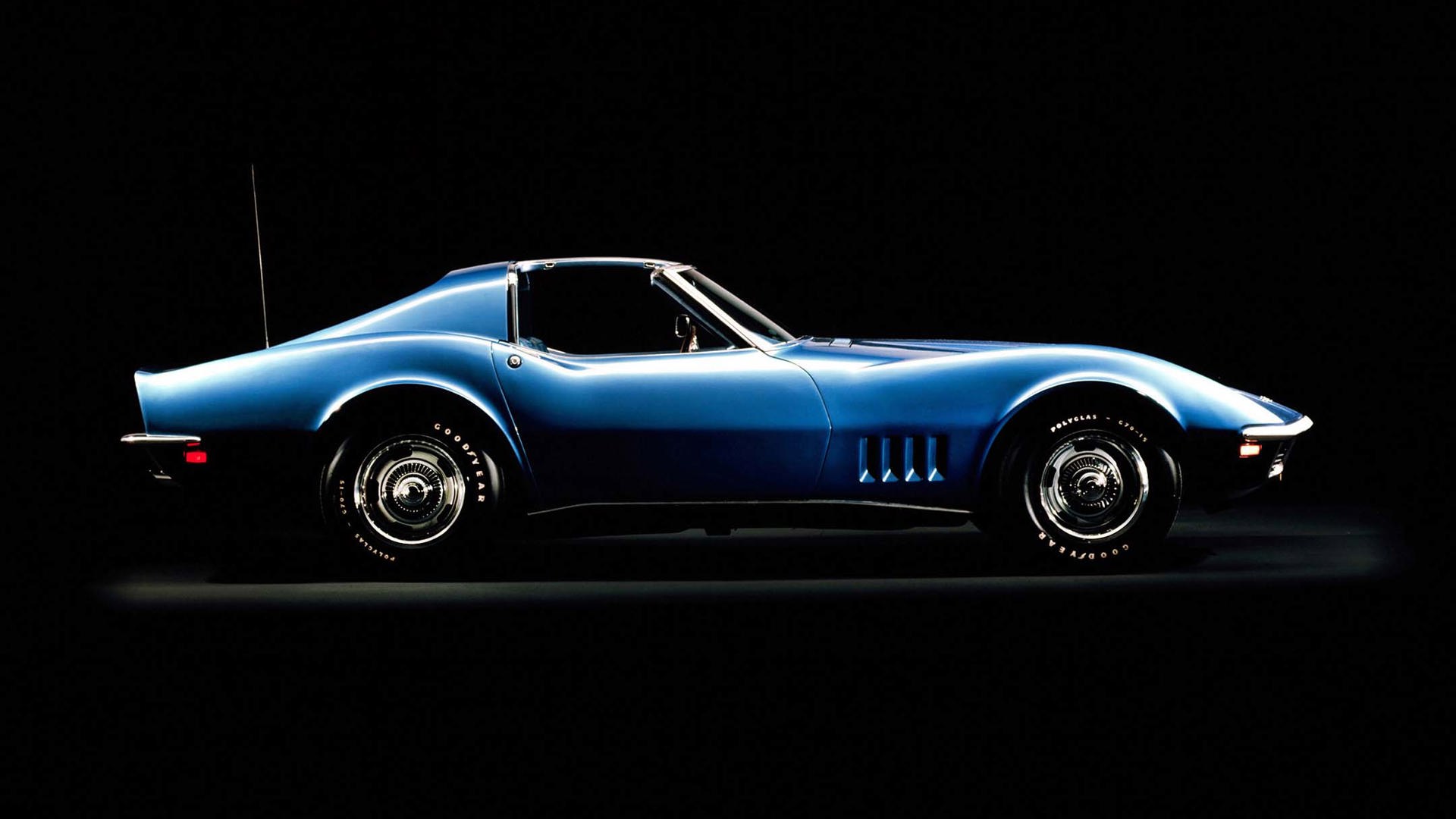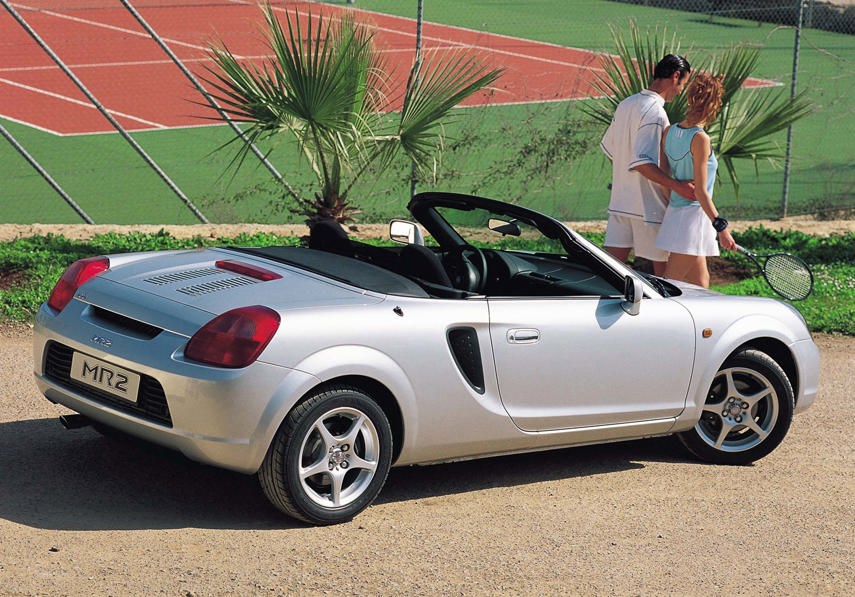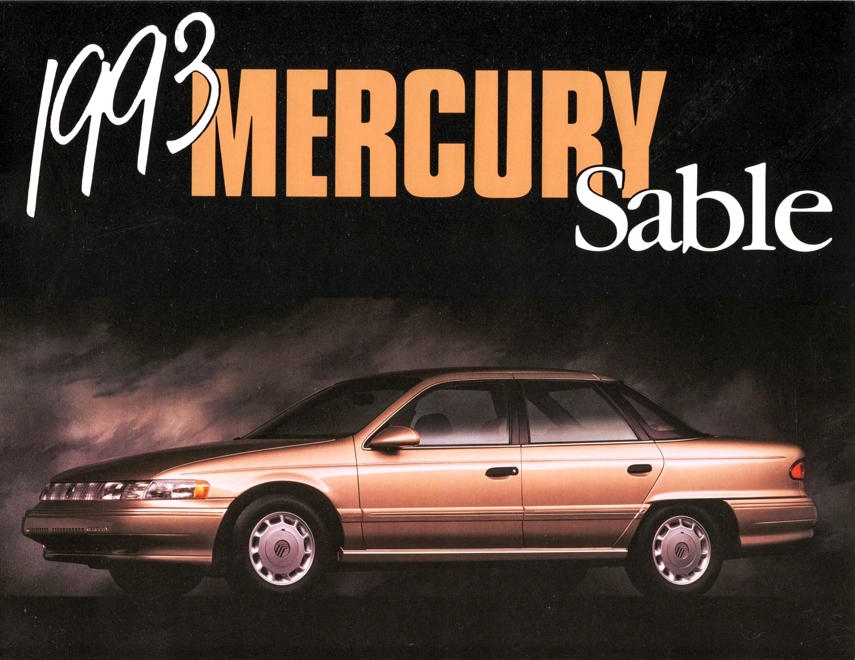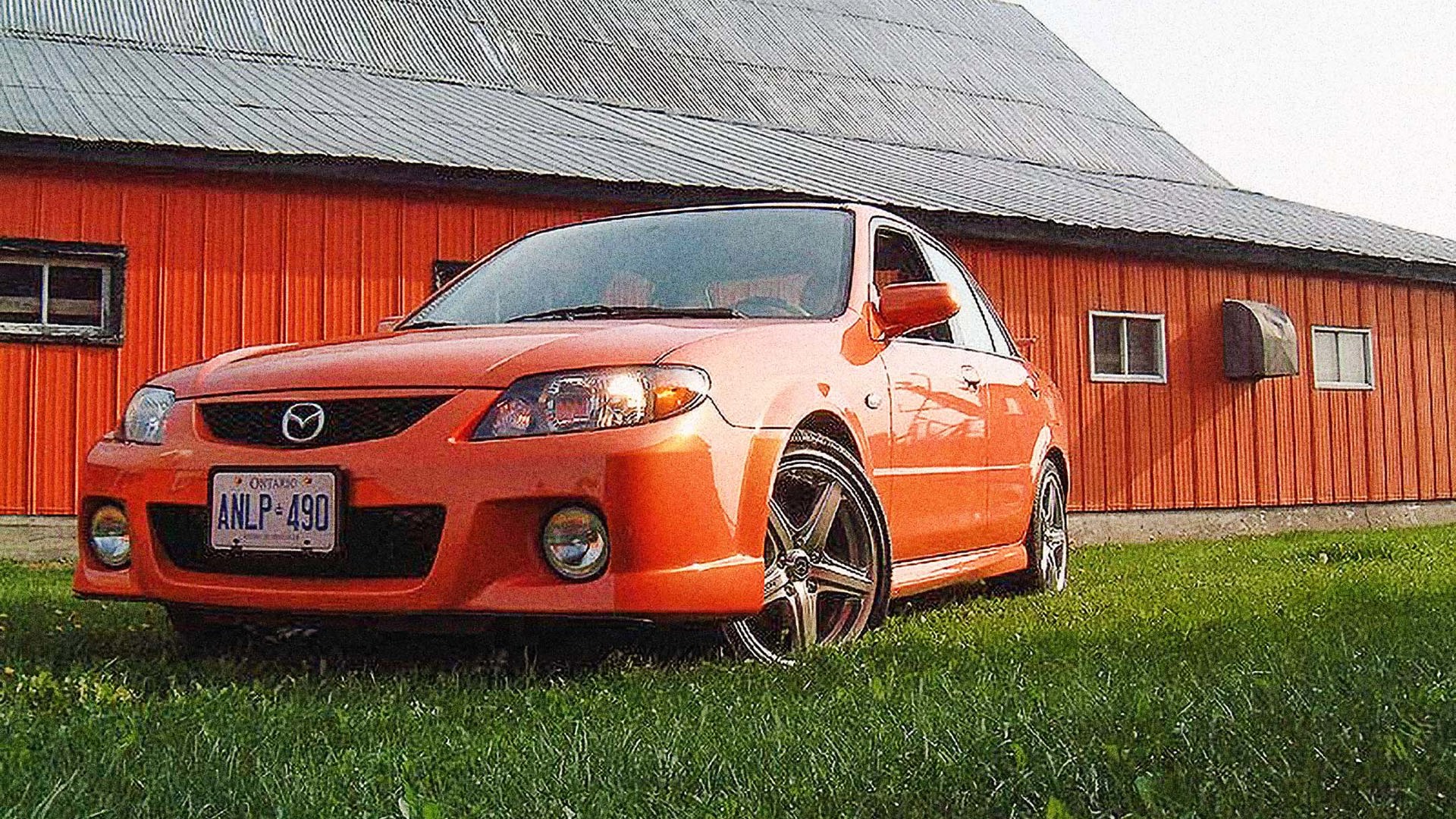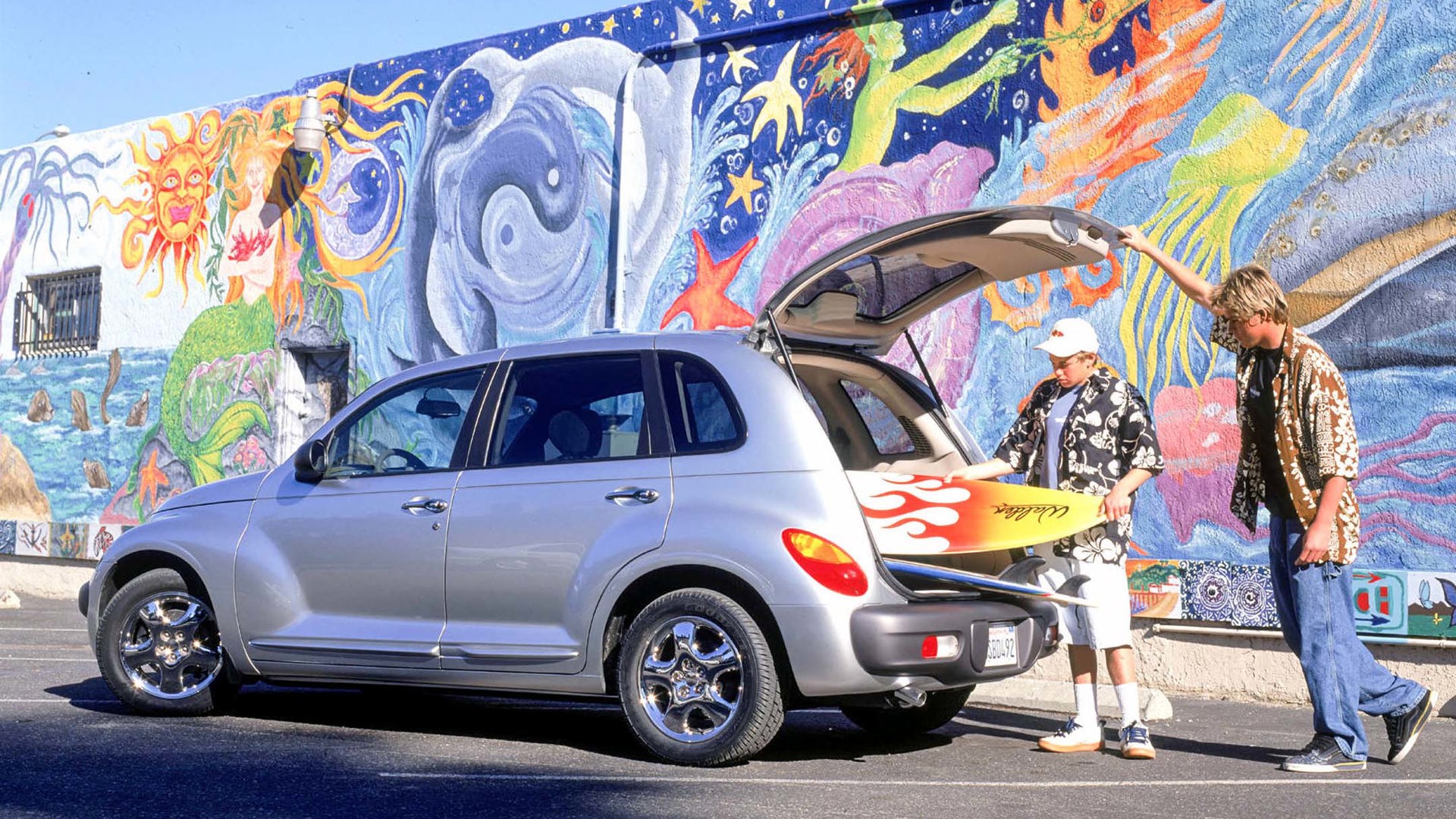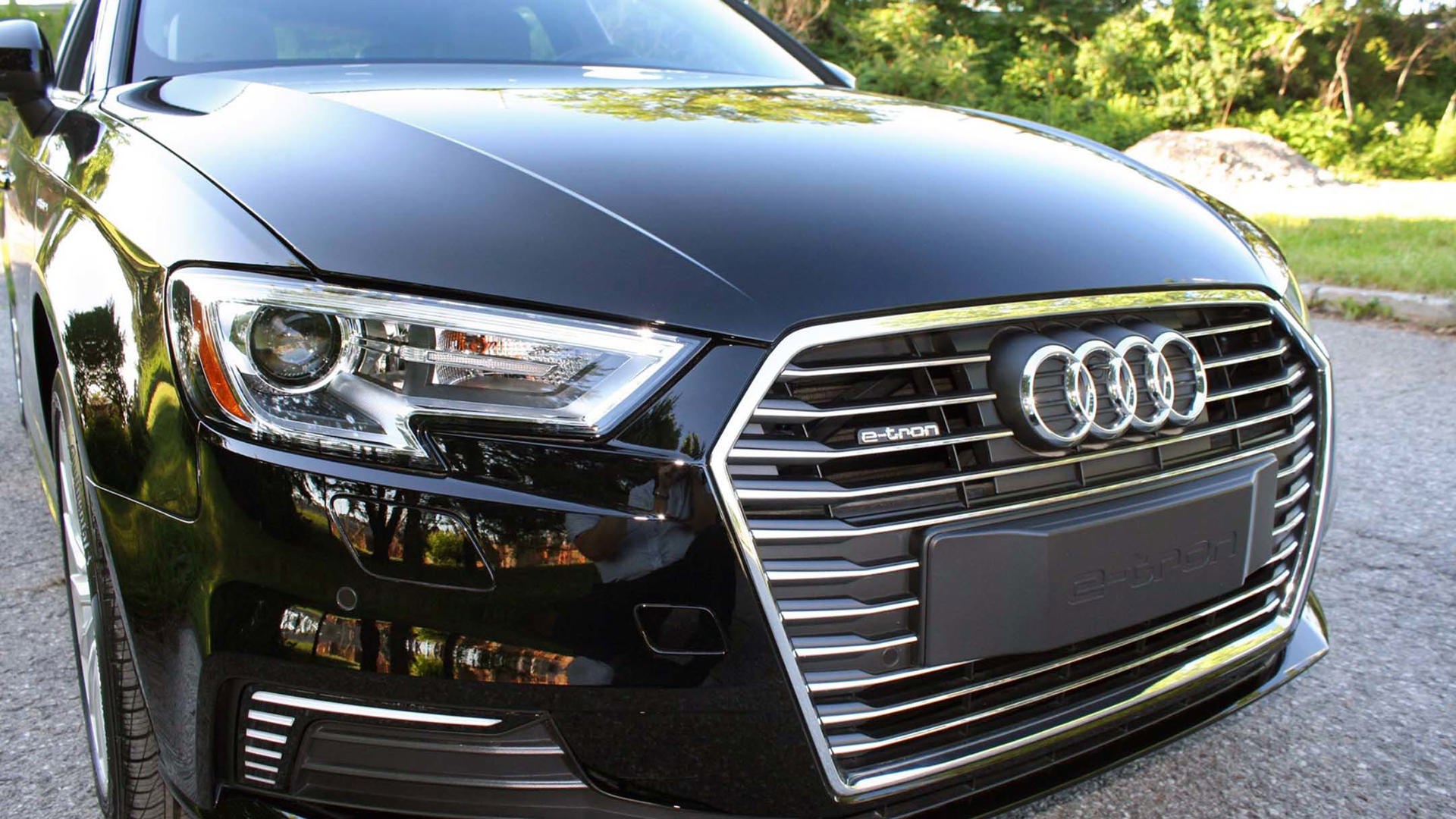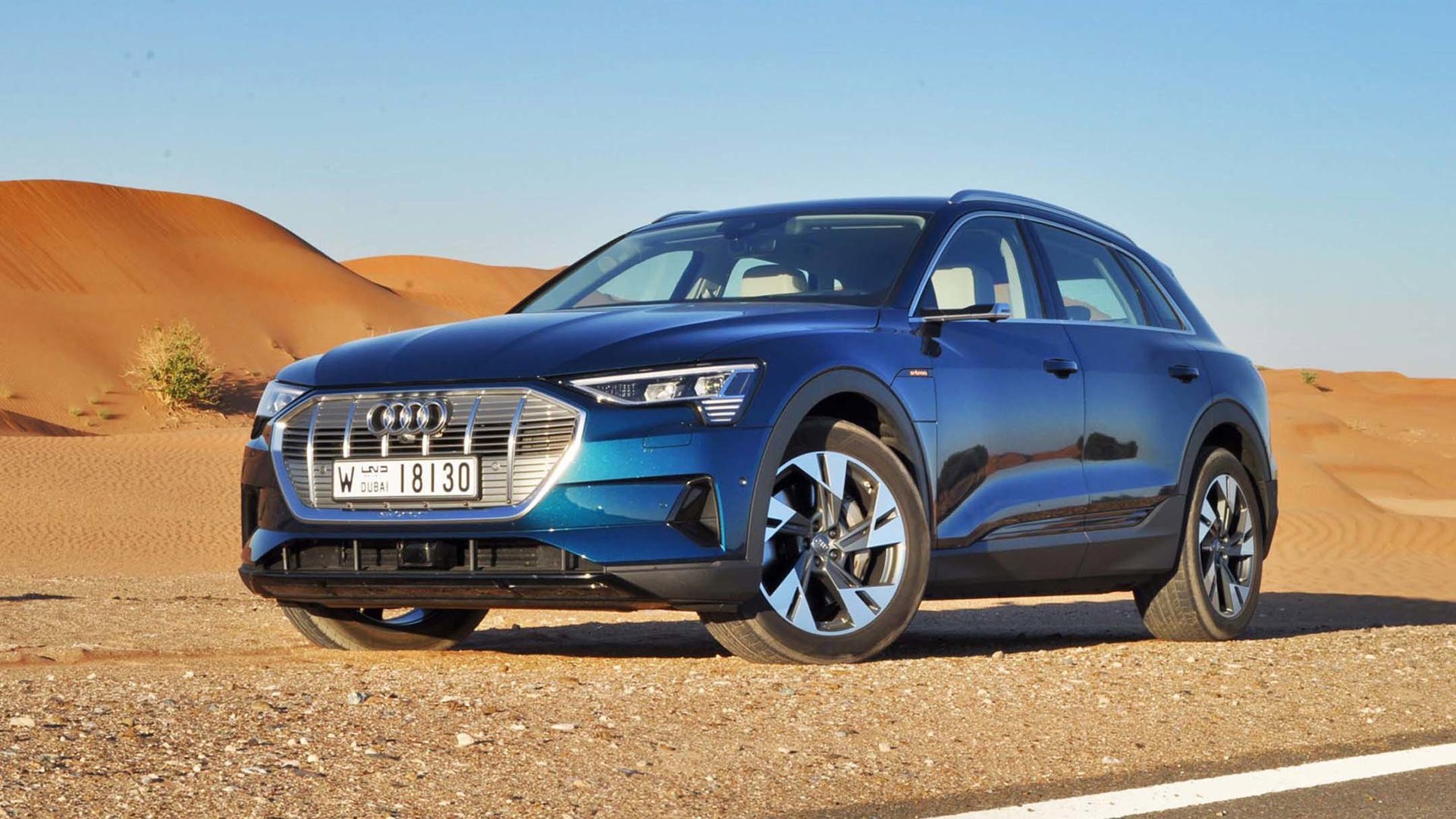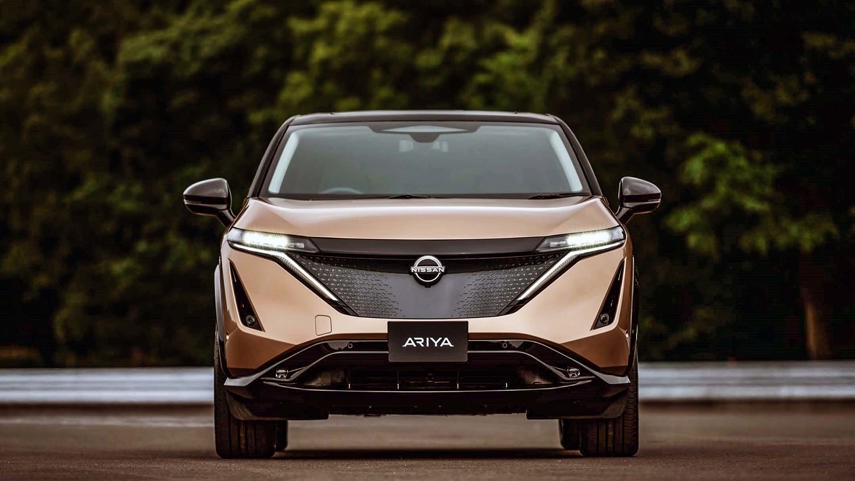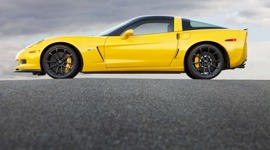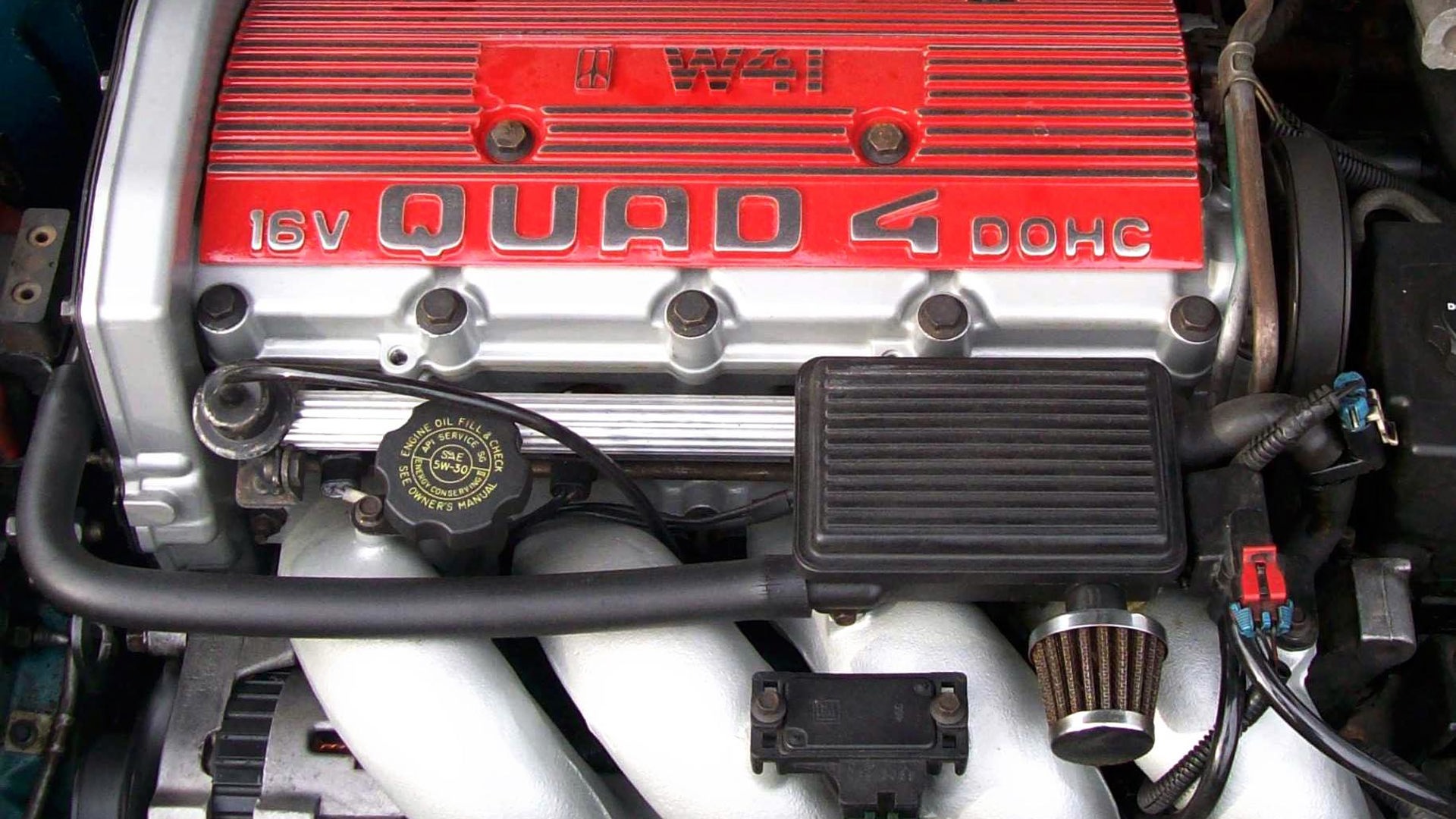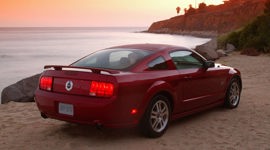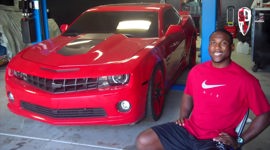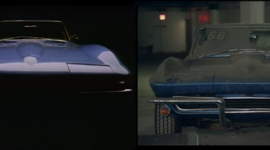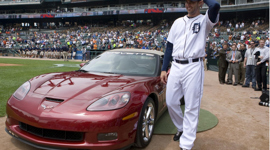What’s in a name? Plenty when it goes on the back of a car. Even before the advent of social media, the simple act of christening a new car model was cause for sleepless nights in boardrooms around the globe. If “Mustang” conjures up images of wild horses gloriously bucking and running at speed in the plains, “XT5” sounds more like an umpteenth attempt at creating a COVID-19 vaccine in a lab.
But when naming a vehicle, beyond brand identity, product image, and marketing potential lie the perils of language and culture. Chevrolet’s Nova is one of the most infamous international faux pas of the past: “no va” translating directly to Spanish as “no go.” Canada’s bilingual status adds a very market-specific layer of faux-pas potential, with our modest market receiving vehicles not usually intended for other French-speaking parts of the world.
The French-Canadian customer is but a blip in the North American ocean, but nevertheless some of these vehicles may have enjoyed a better career up here had their birth certificates carried French-proof certification. Here’s a sample of such faux-pas in chronological order.
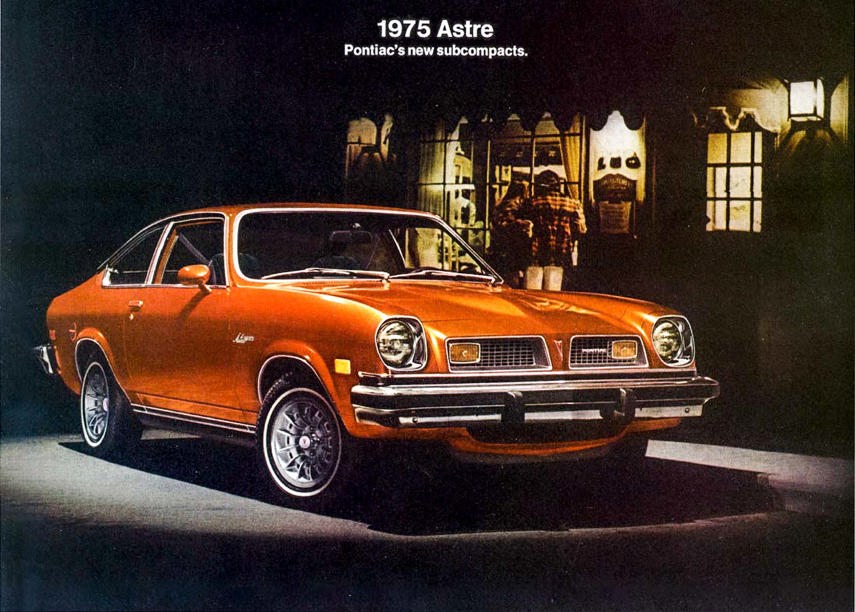
1970–1977 Chevrolet Vega / Pontiac Astre: Truth in Advertising
A cast-iron head and a sleeveless die-cast aluminum block were a cost-cutting marriage made in engineering hell. The Vega and its Canadian-exclusive twin, the Astre, became the most notoriously unreliable nameplates of the ’70s due to their repeated engine failures. Soon the Vega became the similar-sounding Dégât in Quebec (“mess”), and Astre the Désastre (“disaster”).

1975– Chevrolet Corvette: The Smallest of Warships
In 1974, the C3 Corvette lost its remaining chrome bumper and by ’75 the mighty 454 was gone, leaving an image of performance the ’Vette could not deliver on for years to come. In a rhyme fit for the Malaise era, “Grosse Corvette petite qué**ette” was born, illustrating the inversely proportional sizes of a Corvette and its driver’s, ahem, virility. To this day, despite the giant leaps in quality and performance, the rhyme is de facto tagged to the Corvette name in Quebec, no doubt hurting sales (to men, at least).
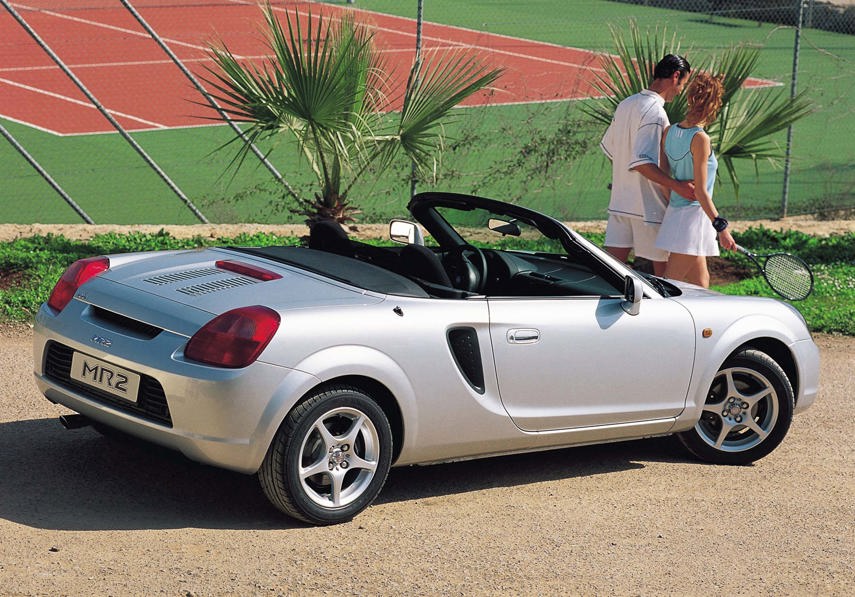
1984–1995 Toyota MR2: What the Deuce?
Toyota’s Mister Two, a mid-engined two-seater, had a cute name in English but sounded exactly like “merdeux” in French, inspiring instead double-takes and the image of a “number two.” Perhaps a different numeral would have improved this Radwood-worthy Fiero-fighter’s street creds.
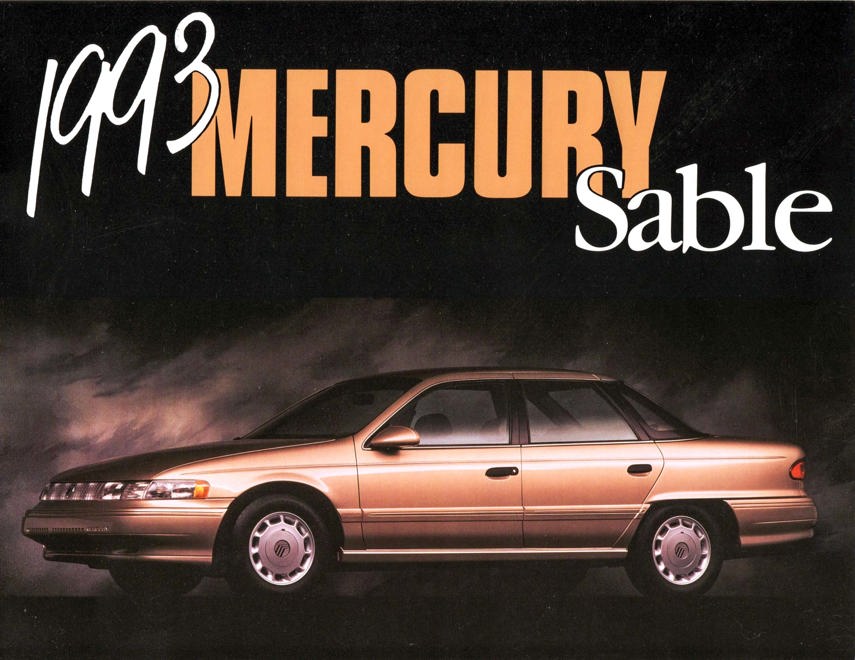
1986–1999 Mercury Sable: Sand Trap
Sables are the cutest little critters, but sadly often sacrificed to make fur coats, a luxury item one might have once associated with the upscale Mercury brand. But in Quebec we never understood why Mercury was selling us sand – the direct translation. Maybe because the aero body was as smooth as glass, a material made with silica sand?
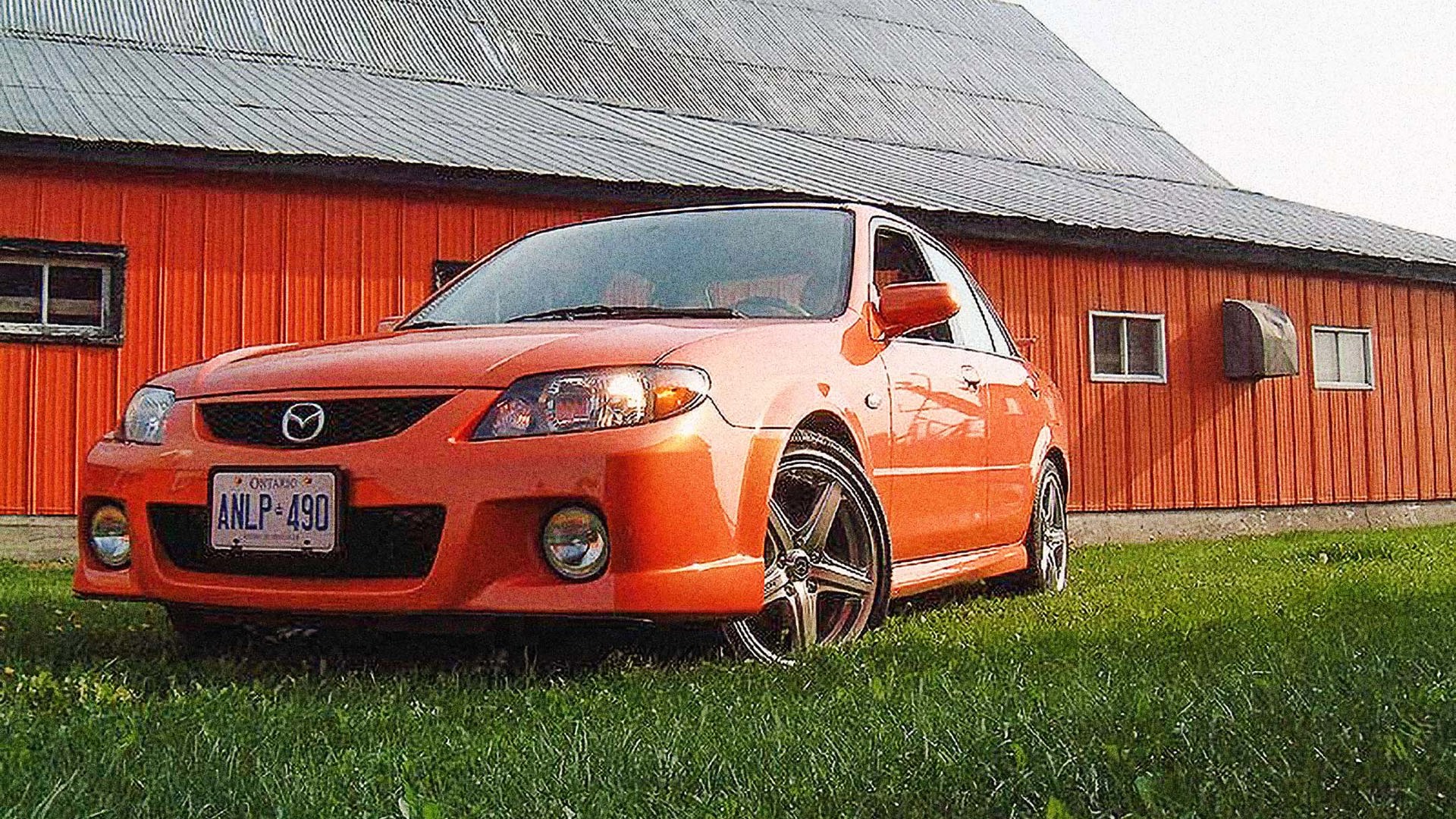
1992–2003 Mazda Protegé: D- in Spelling
Sometimes, sounding French is not quite the same as being French. Nevertheless, we keep hearing of “ensuites” while we go to the master bathroom to shampoo with TRÈSemmé (“very sown”). Apparently “Protegé” sounded better to Mazda’s ears with a spelling mistake – the popular little sedan was known as the protégée in French Canada, with two accents and an “e” because, in one of the French language’s many intricacies, cars are girls and trucks are boys. (Will a teacher’s red pen work on car paint?)
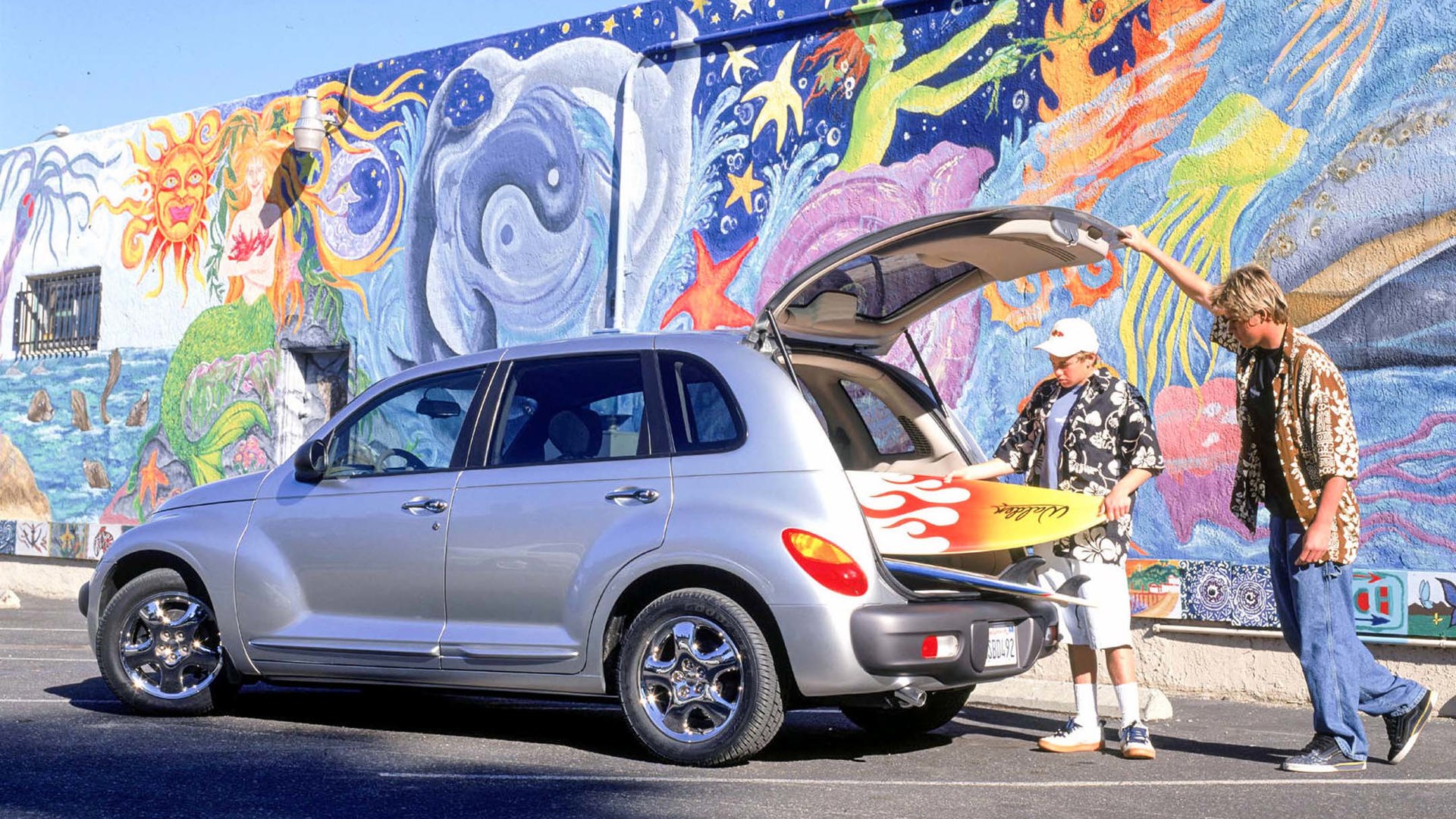
2001–2009 Chrysler PT Cruiser: Boulevard of Broken Dreams
Chrysler launched the retro trend with its cuddly Neon-based “Personal Transportation Cruiser,” shortened to PT Cruiser to fit below the A-pillar. As luck would have it, the PT was one of the brand’s most reliable cars at the time, but in French “PT” is pronounced pêté, which means… broken. The nameplate basically read, mon Cruiser est pêté! (“my Cruiser is broken”). Quebecers bought them up anyway.
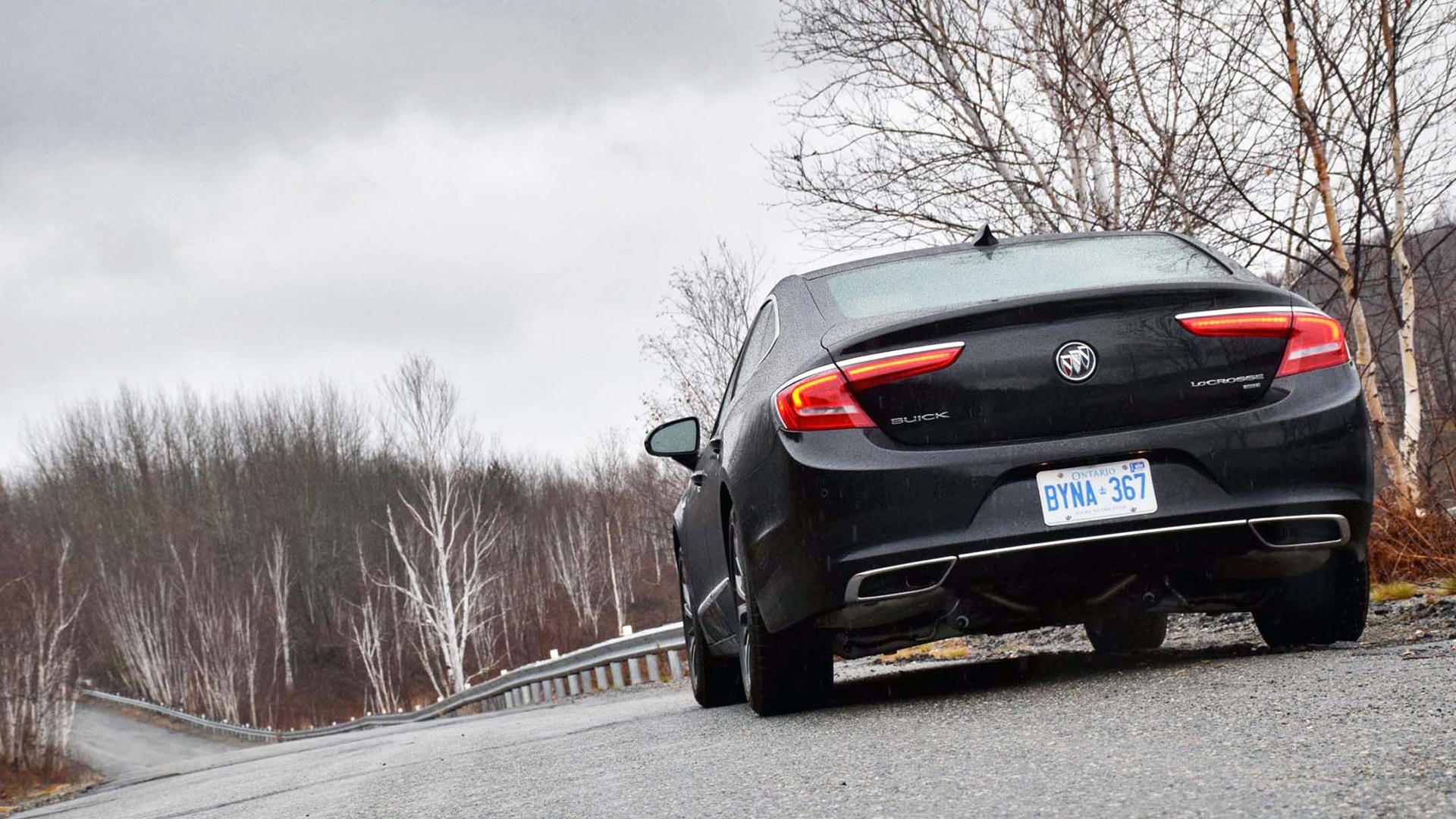
2005–2019 Buick LaCrosse: Gold Medal Faux Pas
Ever felt like you’ve been had in a transaction? Well, imagine the poor Buick salesperson trying to peddle the RipOff. Yes, crosse is popular French-Canadian slang for the vile act of taking advantage of somebody else (la crosse, “the rip off”).
But this is the name that keeps on giving. Lacrosse is a sport, at least a half dozen people know that, but it’s better known in French-Canada as another kind of sport – self-gratification, and not the “buy yourself a new Buick” kind. It can also be used as a verb, for all the above meanings, so expect endless encores of regal jokes in your entourage. No wonder Bob Lutz himself had the car renamed “Allure” for the Canadian market, but for model year 2010, both Bob and the Allure retired and LaCrosse came back to trunk lids (and modest sales).
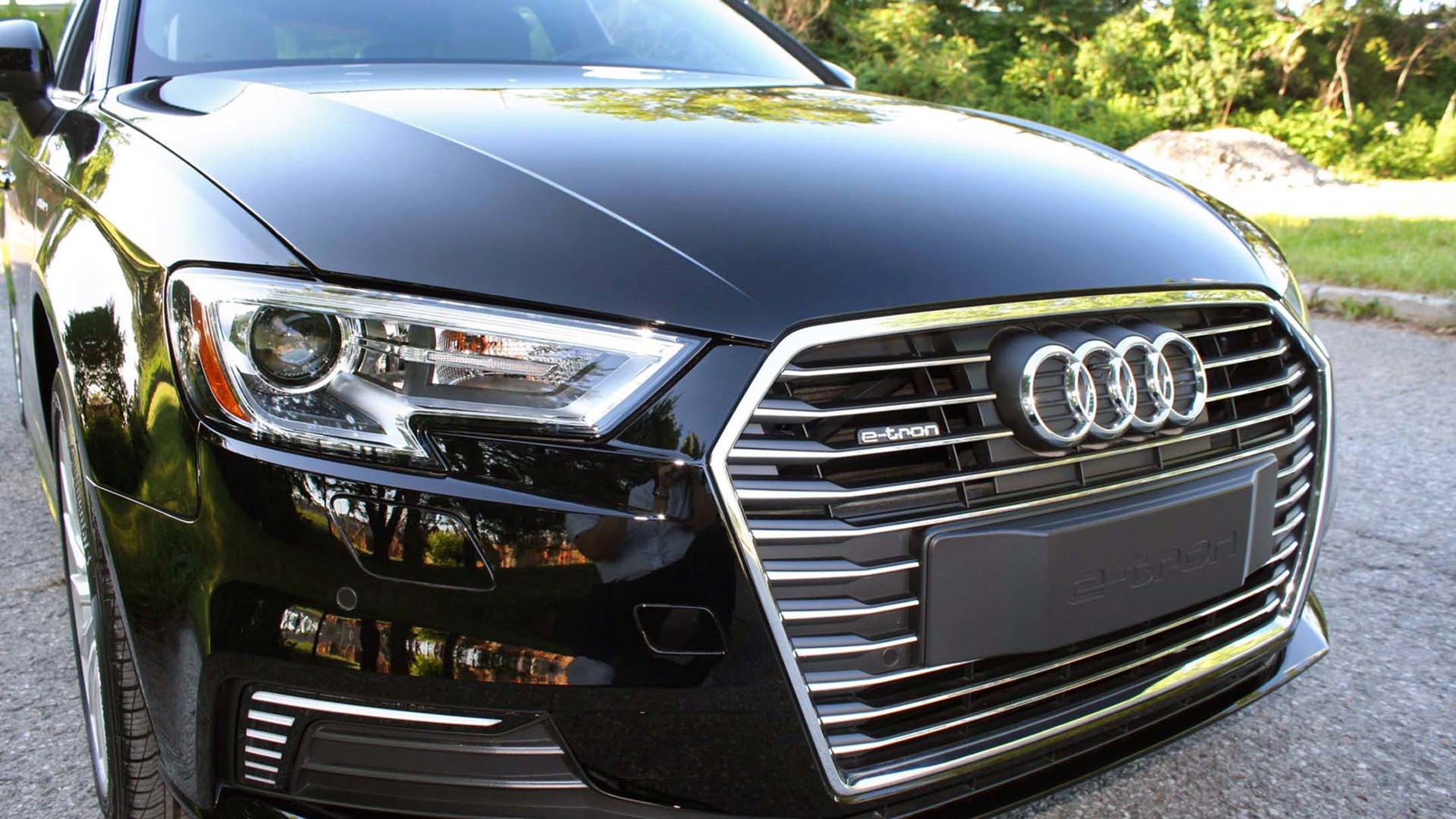
2016–2019 Audi A3 Sportback e-tron: Electric evacuation
A well-priced, handsome, and efficient plug-in hybrid A3 hatchback should have been a slam-dunk hit in EV-hungry Quebec. But – and it’s a big but – étron is universal French slang for human excrement.
The press in Europe tried to warn the Germans, but the name held strong. Limited supply is the official reason why so few skids of the A3 e-tron were moved up here. This author owns one, and I have to keep it clean, because when it’s dusty – it is inevitable – anonymous fingers passing by will trace arrows pointing to the name. Seriously.
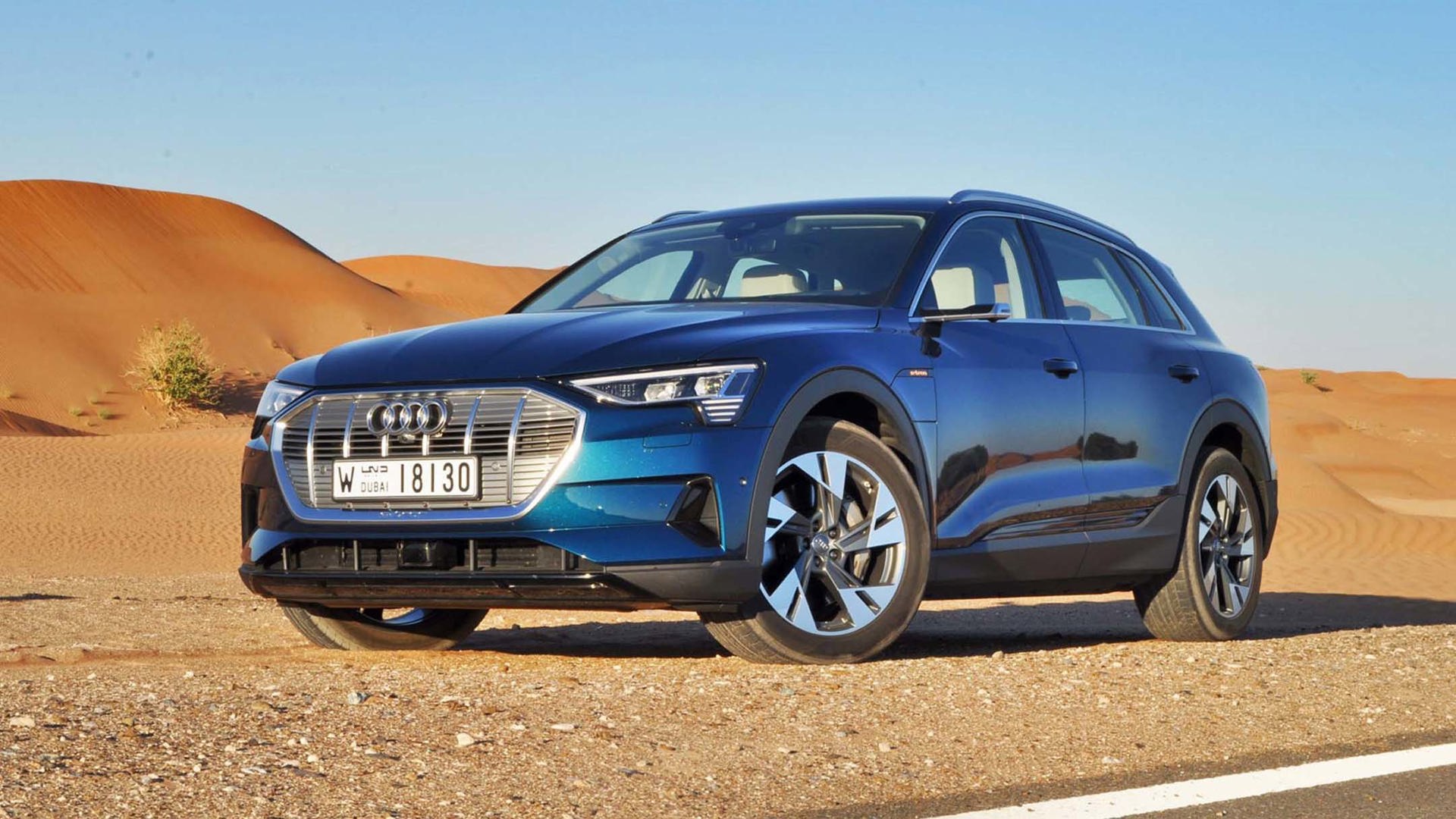
2020– Audi e-tron & e-tron Sportback: Hitting the Fan
Audi doubled down on its ill-advised moniker by plastering it on a midsize luxury SUV, simply named e-tron – originally the “e-tron quattro concept.” Despite the absence of a tailpipe, the name still smells funny, and French-Canadian EV fans are staying at a distance – even though it doesn’t come in brown.
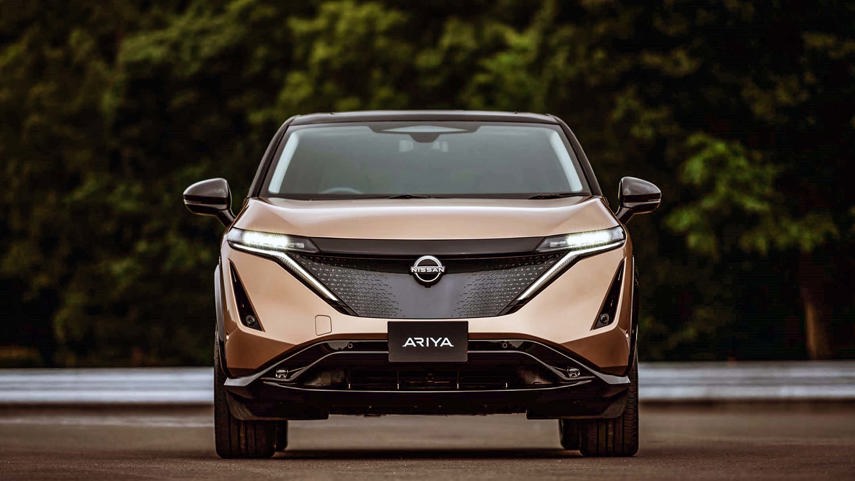
2022 Nissan Ariya: It’s Not Easy Being Green
The race to be first to market with an affordable, fully electric AWD SUV is between Volkswagen’s ID4 and Nissan’s Very Complicated. Taken straight out of one of French Canada’s most used expressions, “c’est tout un aria” (it’s a very complicated thing), it’s a clumsy overture for a vehicle that Quebec EV fans have been anticipating for. “Leaf Cross Sport” never sounded so good.
